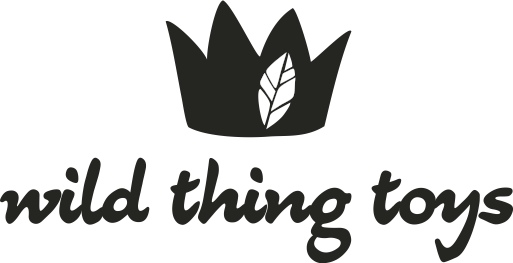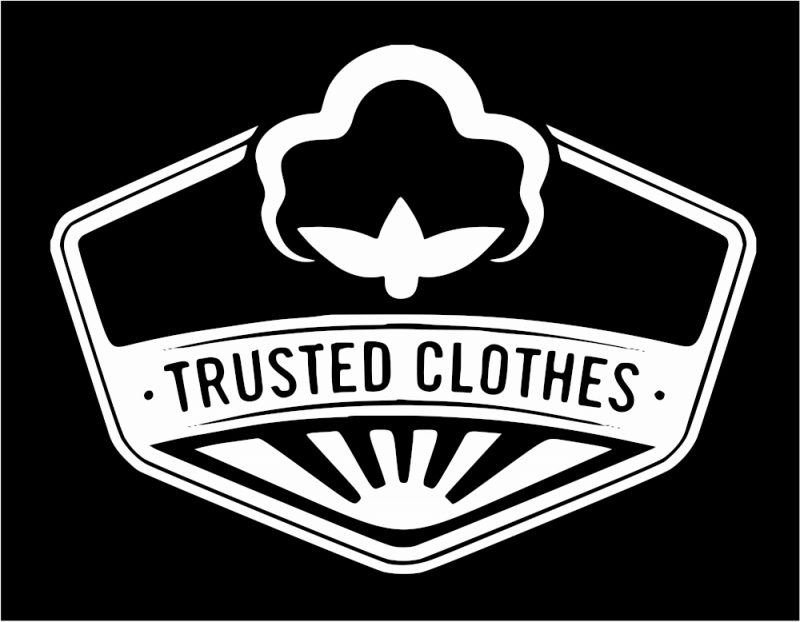Here’s my interview with the awesome ‘Trusted Clothes’ magazine, an organisation that promotes ethical and sustainable fashion for the conscious consumer:
‘AN INTERVIEW WITH FEHMIDA SHAH OF WILD THINGS TOYS’
‘Wild Thing Toys was founded by Fehmida Ibrahim Shah. She has worked with various social and educational movements and is passionate about supporting a fair trade business models. She started Wild things toys that inspire imagination and play. This is her story.
Tell us about family background – geography, culture, language, and religion.
My name is Fehmida Ibrahim Shah, I was born in the UK, of Indian heritage, and live in London with my three children and a selection of pets.
Tell us about your story – education, prior work, and so on?
I have never really stuck to a career path as such, and have almost always accidently fell in to various fields, from being a florist, to teaching, and working in the social housing sector.
I have studied floristry, then building construction & social housing at Middlesex University and then have gone on to study design & textiles. I am presently studying Near East Archaeology.
How did you get interested in ethical and sustainability?
As far as I can remember, as a family, we were taught the values of having respect for other people, for animals, and for the planet. We were taught that the earth was precious and we were the guardians of it. Even though the terms ‘ethical’ and ‘ecofriendly’ were not used when I was young, recycling and repurposing was something that was instilled in to us. My parents were both keen gardeners and I remember endless days helping them grow flowers, fruits and vegetable, using novel pest free sustainable methods.
The turning point of when I knew I wanted to do something ethical came about when I did some voluntary work with children in the West Bank. I observed the teachers in the summer play camp making toys out of scraps of paper and bits of cloth. I marveled at their ingenuity and their ability to create something wonderful with minimum wastage.
I started a business creating paper goods whereby everything was made by either sustainable paper or completely wood free.
After running my business for a number of years, I wanted to do something else as well. Having admired the fair trade movement for a long time, it motivated me to start a business that had a completely fair trade business model.
I wanted to create a product made by someone whose life would have improved because of it. This is where my soft toy business ‘Wild Thing Toys’ came in.
What seems like the importance of fair trade?
Fair Trade has a hugely positive impact on the lives of workers and their families. It raises the standards of living for the workers and also their communities. As well as a living wage, the communities can invest in much needed projects, such as schools and health centres. Fair trade gives people opportunities that give them more control over their lives. Why shouldn’t someone from another country have the opportunities that you and I have?
Fair trade is also empowering for women. Women often face harassment and discrimination within factories and places of work around the world. Working under fair trade standards, they have protection and gender equality. Fair trade can help women to reach their full potential by making available opportunities they did not have before, such as education, leadership roles and entrepreneurship programs. They can also work within their own village and community for a decent wage and under good conditions, without having to travel to the major cities and leave their families behind.
What seems like the importance of a (relative to the country) living wage?
The minimum wage set by some countries fall short of what can be deemed as a living wage. The reality being, these workers struggle to survive on these wages whilst making products for us to consume. When a company does not provide a living wage in the poorest countries, it essentially pushes out the weakest people in the supply chain.
These workers may be forced to take on additional low paid jobs under appalling conditions and send their children to work instead of school. This keeps them indefinitely stuck in a vicious cycle of poverty.
All Wild Things soft toys and dolls are made from hand loomed cotton and environmentally friendly and child safe dyes. All products are also CE tested to EN71 and are safe for children.
A living wage, on the other hand should be enough to meet the basic needs such as food, water, housing, health care, education, clothing, transportation and child care, consequently giving the workers a chance to live a decent life, which we would all agree, is a human right.
A business who manufactures and uses a workforce would expect a high quality of goods being produced. The workers should also expect a good wage for the work they have done.
Workers that are happy and motivated are more likely to be more productive and take less time off due to sickness, which would be beneficial for the business too.
What is Wild Things Toys?
At Wild Thing toys we create heirloom quality soft toys which are all fair trade certified. Our soft toys are made from handloomed cotton made in a traditional way which is centuries old.
All the workers are paid a decent wage, work in safe and healthy working conditions, and have access to other benefits such as health checks and education projects. Employment takes place in rural villages, so the artisans do not need to travel miles leaving their families behind to work in large factories, therefore benefiting the whole community.
Our soft toys and dolls are certified by the World Fair Trade Organisation.
What are some of its feature products?
Simple natural toys with minimum features that inspire a child to imagine the countless possibilities, as opposed to the toy thinking for the child. Wild Thing Toys are made to last and to be passed on for many years to come.
Handmade and eco friendly Fox doll by Wild Things Toys. All dolls are made without beaded eyes, everything is made from fabric and stitched or embroidered on. Therefore you can be rest assured that all our toys are not only super adorable, but made to the highest safety standard.
Who grows, harvests, designs, and manufactures the products of Wild Things Toys?
The products are designed by me and from then on, I work closely with the handloom organisation Selyn, who make the toys for me. The fabric is woven using yarn which is dyed with AZO-free, ecofriendly dyes. A wastewater plant treatment ensures that the environment is protected at the same time. This waste water is treated and re used in the gardens to grow vegetables. We work closely with our partners, who are the only certified fair trade hand loom organisation in Sri Lanka. Most of the work is done in rural areas, where jobs for women are limited. The working mothers here also have the benefit of a day care facility while they work.
What is the customer base – the demographics?
Currently my fair trade soft toys are sold in the UK and worldwide via online shops.
What topics most interest you?
Surface textile design, historical textiles and archaeology. I have a keen interest in the lifestyle of past cultures and civilizations, and what we can learn from them. I am also interested in current ethical Issues.
What personal fulfillment comes from this work for you?
I feel blessed to be able to do a job that I love. The gratification comes from being able to create a design and see it made in to a product with the knowledge that the person who has made the product for me, also has a decent job with good wages.
Any other work at this time?
I am still running my paper goods business, I like to get involved with book donation projects for children. I am also presently studying Archaeology.
Any recommended means of contacting you?
You can contact me via my website www.wildthingtoys.com.
What philosophy makes most sense of life to you?
Real success is not about the attainment of wealth; rather it is about the quality of life you create for others and the peace of mind you attain for yourself.
Any feelings or thoughts in conclusion based on the conversation today?
I feel delighted that my business was included amongst all the other likeminded ethical businesses. I hope your interviews will encourage others in to taking their first step in to fair trade and sustainability.
Thank you for your time, Fehmida.
Thank you Scott.







